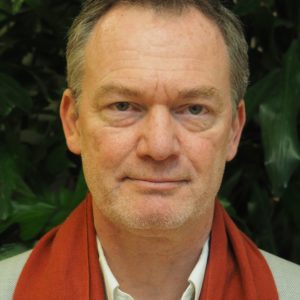The African Carbon Asset Development (ACAD) Facility was originally established in 2009 at the height of Clean Development Mechanism (CDM) project development to address the widespread concern that CDM evaded the African continent. As the market shifted away from CDM and into other concepts like Programmes of Activity, NAMAs and microfinance, ACAD II followed.
ACAD was an innovative public-private partnership that collaborated not only with local project developers to enhance their awareness, expertise, and investment willingness in the African carbon market, but also with African financial institutions in order to raise awareness and knowledge of potential revenue streams from the carbon market. It was built upon three complementary support lines:
- risk and transaction cost sharing
- technical assistance to project developers (mainly ACAD I)
- targeted training and outreach for financial institutions
Fifteen CDM projects mostly in southern Africa were given financial and technical support of which eight projects became registered CDM projects with a mitigation potential of 1.15 MtCO2e/year. A highlight of ACAD I was the development and UNFCCC-registration of a common grid emission factor for the Southern African Power Pool (SAPP), which enabled the countries around South Africa with immense renewable energy sources to exploit these resources with access to the carbon market.
Under ACAD II a number of targeted research and development actions were supported. The successful grid emission factor development for SAPP was continued for the West African Power Pool. A carbon footprint analyses and development activity for African banks; a microfinance initiative based on community lending for emissions reduction and an analysis of the relationship between PoA and NAMAs were all supported under ACAD II. Throughout, African Bankers Forums have been organized to promote the involvement of the finance sector in Africa into climate change actions.
This project contributed to Sustainable Development Goals







Project website
Share this
Focus area: Business Models and Markets, Public sector support for private sector climate action
Country / Region: Benin, Burkina Faso, Cape Verde, Congo, Cote D'Ivoire, Eswatini, Gambia, Ghana, Guinea Bissau, Lesotho, Liberia, Mali, Mozambique, Namibia, Niger, Nigeria, Senegal, Sierra Leone, South Africa, Togo, Zambia, Zimbabwe
